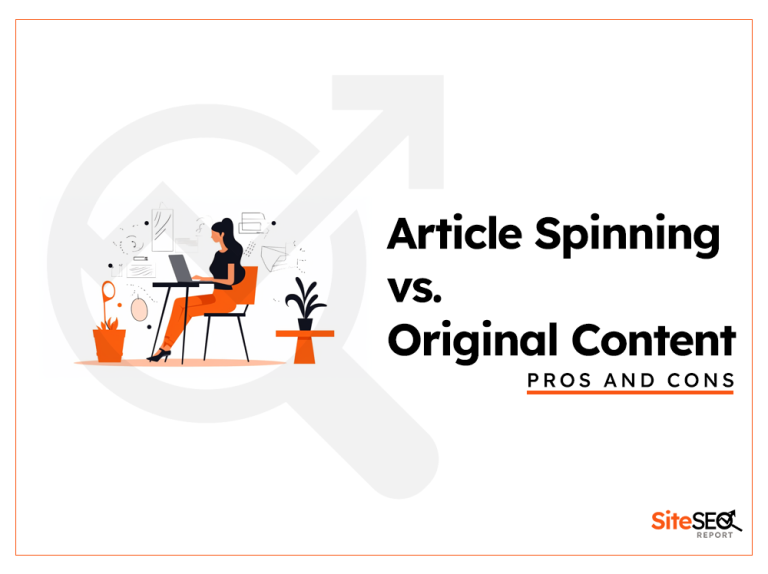In the vast and ever-evolving world of SEO, there’s a myriad of techniques and strategies that website owners employ to boost their site’s visibility.
One such technique that has gained significant traction in recent years is the use of Schema markup. But does it directly influence your site’s ranking on search engines?
Let’s dive in.
What is Schema Markup?
Before we delve into its impact on rankings, it’s essential to understand what Schema markup is. Schema, often referred to as Schema.org, is a semantic vocabulary of tags (or microdata) that you can add to your HTML to improve the way search engines read and represent your page in search results. In simpler terms, it’s like giving search engines a clearer lens to view your content.
The Myth of Ranking Boost
Many believe that by merely implementing Schema markup, their website will magically ascend the search engine results pages (SERPs).
This belief is a misconception. While Schema markup can enhance the appearance of your search results through rich snippets (like star ratings or product prices), it doesn’t directly boost your site’s position in the rankings.
So, Why Use Schema Markup?
If Schema doesn’t directly influence rankings, why bother? Here are a few compelling reasons:
Enhanced Click-Through Rates (CTR): While Schema might not lift your site higher in the SERPs, rich snippets can make your listing more enticing. A result with star ratings or event dates can stand out, potentially leading to higher click-through rates.
Better Content Understanding: Schema helps search engines understand the context of your content. For instance, without Schema, search engines might get confused between “Apple” the fruit and “Apple” the tech company. With Schema, such ambiguities can be clarified.
Voice Search Optimization: As voice searches become more prevalent, Schema can play a pivotal role. Structured data can help voice search devices provide more accurate results.
The Indirect Benefits
While Schema markup doesn’t directly influence rankings, its indirect benefits can potentially lead to improved SEO. A higher CTR, for instance, can signal to search engines that your content is relevant to the search query, which might, over time, positively impact rankings.
When discussing Schema markup and its relevance in SEO, here are some authoritative external links that can be referenced:
- Schema.org:
https://schema.org/
The official website for Schema markup, offering comprehensive details on types, properties, and guidelines for implementation. - Google’s Structured Data Guide:
https://developers.google.com/search/docs/guides/intro-structured-data
Google’s official guide on structured data, providing insights into how Google uses structured data and how you can enhance your site’s presence in search results. - Moz’s Guide to Schema Markup:
https://moz.com/learn/seo/schema-structured-data
A beginner-friendly guide from Moz, a renowned name in the SEO industry, explaining the basics of Schema markup. - Search Engine Journal on Schema’s Impact on SEO:
https://www.searchenginejournal.com/technical-seo/schema-important-seo/
An article discussing the importance of Schema markup in the context of SEO. - W3C’s RDFa Data Guide:
https://www.w3.org/TR/xhtml-rdfa-primer/
For those interested in RDFa, another form of structured data, this guide from the World Wide Web Consortium (W3C) provides valuable insights.
Conclusion
Schema markup, while not a direct ranking factor, remains a powerful tool in the SEO toolkit. By enhancing the user experience and helping search engines understand your content better, it can indirectly influence your site’s performance in the SERPs. So, while expecting immediate ranking boosts from Schema might be a stretch, its long-term benefits are undeniable.






